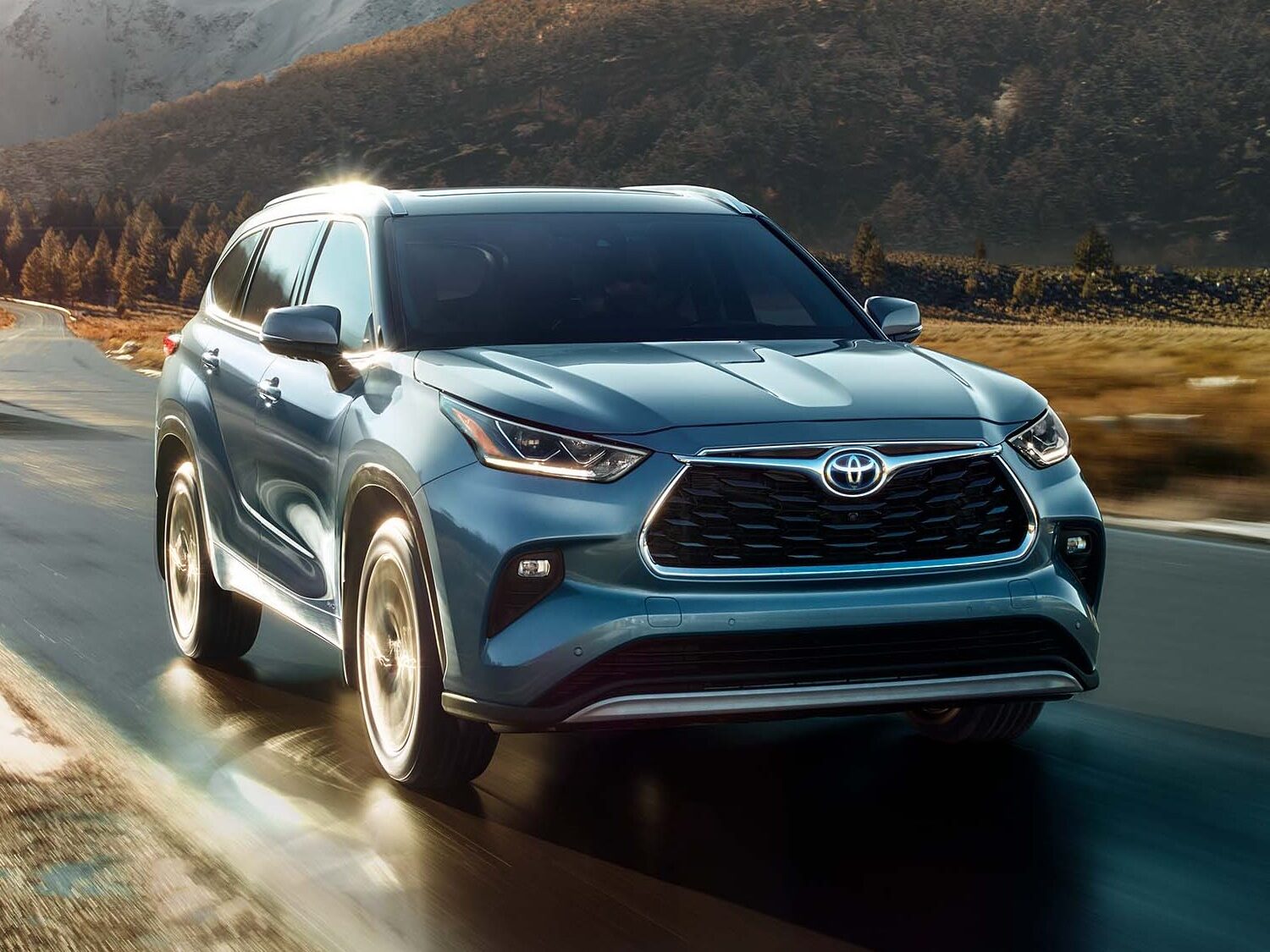When comparing the 2023 Toyota Highlander Hybrid and the Ford Explorer Hybrid, the decision to pay more for less MPG depends on various factors including personal preferences, priorities, and the overall value proposition of each vehicle.

Firstly, let’s delve into the Toyota Highlander Hybrid. Toyota has a reputation for producing reliable, fuel-efficient vehicles, and the Highlander Hybrid is no exception. It boasts a spacious interior, smooth ride, and impressive fuel economy for its class. Despite potentially offering slightly less MPG compared to the Ford Explorer Hybrid, the Highlander Hybrid may still be a compelling choice due to its reliability, resale value, and long-term cost of ownership. Additionally, Toyota’s hybrid technology is well-established, which may provide peace of mind to buyers concerned about maintenance and longevity.
On the other hand, the Ford Explorer Hybrid presents its own set of advantages. Ford has made significant strides in hybrid technology, and the Explorer Hybrid benefits from this expertise. It offers a blend of power, efficiency, and versatility, making it a strong contender in the hybrid SUV market. While it may have a slight edge in terms of MPG compared to the Highlander Hybrid, other factors such as driving dynamics, technology features, and design appeal could sway buyers towards the Explorer Hybrid.
So, why would someone consider paying more for less MPG? Here are a few reasons:
Performance and Power: The Ford Explorer Hybrid may offer better performance or towing capabilities compared to the Toyota Highlander Hybrid, which could justify the trade-off in fuel efficiency for some buyers.
Features and Technology: If the Ford Explorer Hybrid comes equipped with advanced technology features or amenities that aren’t available or are optional on the Highlander Hybrid, some buyers may be willing to pay a premium for these extras despite slightly lower MPG.
Brand Preference: Brand loyalty plays a significant role in car-buying decisions. Some consumers may have a strong preference for either Toyota or Ford based on past experiences, reputation, or perceived value, which could influence their willingness to pay more for a particular brand’s hybrid SUV.
Resale Value: While initial purchase price and fuel economy are important considerations, resale value is also a crucial factor for many buyers. If one of the vehicles holds its value better over time, it could offset the higher upfront cost or lower MPG.
Environmental Concerns: For environmentally conscious buyers, factors beyond fuel efficiency, such as a brand’s commitment to sustainability or use of eco-friendly materials in manufacturing, may influence their decision to pay more for a hybrid SUV.
Ultimately, the decision to pay more for less MPG depends on individual preferences, priorities, and the overall value proposition of each vehicle. Buyers should carefully consider factors such as performance, features, brand reputation, and long-term costs before making a decision. Taking test drives, comparing specifications, and researching reviews can help buyers make an informed choice that aligns with their needs and preferences.
